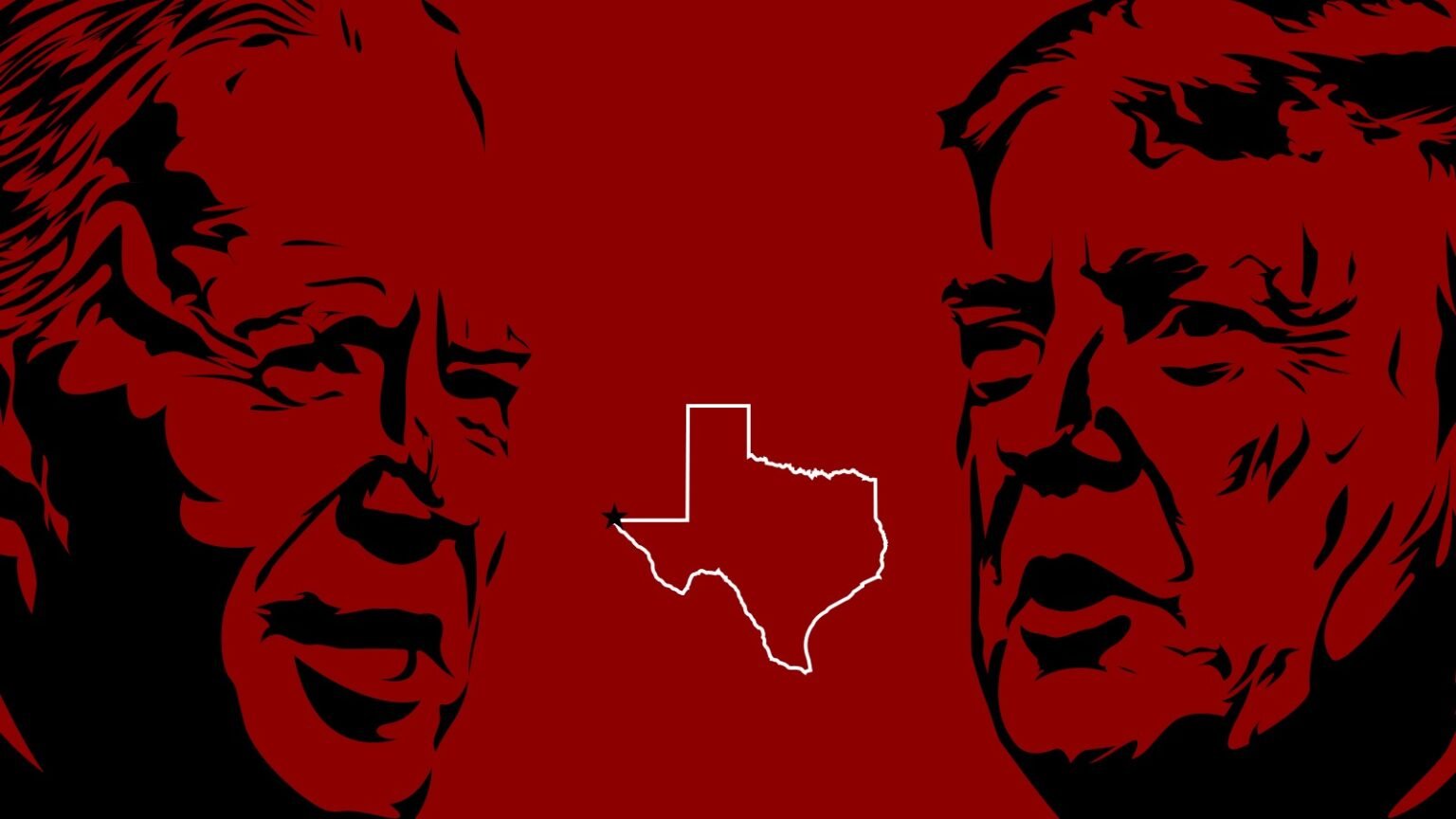President Biden and his likely Republican opponent, Donald Trump, both made appearances in Texas border towns on Thursday, creating a rare overlap that sets the stage for a clash over immigration as the election season approaches.
In Brownsville, situated along the Rio Grande at the Mexican border, Biden urged Congressional Republicans to demonstrate courage and back a bipartisan border security agreement. Earlier this month, Republican lawmakers blocked legislation they had previously supported, following Trump’s expression of opposition to the measure.
“It’s long overdue for action,” Biden stated in his address, challenging Trump to “join me” in urging Congress to enact the “most robust, efficient, and effective border security the country has ever seen.”
Amidst speculation that the US president might announce executive action during his visit, he instead reiterated grievances about the lack of progress, attributing it to hard-right Republicans in Congress.
Meanwhile, hundreds of miles northwest of Brownsville, Trump, who appears likely to secure the Republican presidential nomination for a third consecutive time, continued to incite fears of a “migrant crime” surge allegedly fueled by Biden’s border policies.
“He’s wreaking havoc on our nation,” Trump declared, speaking just moments before Biden from a park in Eagle Pass, which has become a focal point in the conflict between the Biden administration and Texas Governor Greg Abbott.
During his address, Trump pledged a harsh immigration crackdown extending well beyond his first term, promising to reinstate immigration policies facilitating the swift expulsion of unauthorized individuals entering the US, while championing his signature border wall.
“Trump reiterated, ‘Walls work.'” Last year, the Biden administration greenlit the continuation of border barrier construction, despite a campaign promise to halt any further progress on the wall.
Immigration has emerged as one of Biden’s most pressing political challenges leading up to the 2024 election. Prior to his remarks in Brownsville, one of the border cities with the lowest rates of unauthorized crossings, Biden convened with US border patrol agents, law enforcement officials, and local leaders. He commended their efforts and urged Congress to allocate additional resources to support them.
Since Biden assumed office, a record number of migrants have crossed the southern border, propelled by factors such as conflict, political instability, gang violence, and climate-related crises. Although the number of crossings experienced a sharp decline in January, according to border patrol data, December saw record-breaking highs.
Concerns about the situation at the border have intensified among voters across the political spectrum, with a mere 18% expressing satisfaction with the administration’s management, as per a Pew Research Center survey.
In the survey, respondents frequently cited “economic costs and burdens associated with the migration surge or concerns about security” as their primary migration-related concerns.
Despite this, a surge in immigration last year fueled population growth and bolstered the US economy.
Trump’s immigration agenda includes a vow to execute the “largest deportation operation” in US history, proposing the deployment of the National Guard to expel undocumented migrants already in the country. This proposal raises legal questions about employing the US military to enforce domestic laws.
During his presidency, Biden has aimed to curb illegal migration by strengthening enforcement and modestly expanding legal pathways into the US.
The White House backed a Senate initiative to reach a compromise on border issues, even endorsing an overhaul of the nation’s asylum system, a move criticized by immigration advocates and progressives as reminiscent of Trump-era policies. However, the deal collapsed due to Trump’s reluctance to give Biden a victory on a critical campaign issue. In the Senate, Republicans abandoned the bill, while Republican House Speaker Mike Johnson pronounced it dead upon arrival in his chamber.
Biden has pledged to highlight Trump’s interference with voters.
Republicans, spearheaded by Trump, have laid blame on Biden. In Congress, they have pursued punitive measures against his administration, including the impeachment of Secretary of Homeland Security Alejandro Mayorkas. These actions, deemed by conservative legal scholars as related to policy matters rather than wrongdoing, have been swiftly addressed by the Democratic-controlled Senate.
Just hours before the arrival of both the current and former presidents along the 2,000-mile border stretch, a federal judge ruled in favor of the Biden administration, blocking a comprehensive new Texas law. This legislation would have empowered state and local law enforcement to arrest migrants suspected of unlawfully crossing the US-Mexico border. Governor Abbott promptly announced Texas’s intention to appeal the ruling, asserting the state’s right to defend itself against what he previously characterized as an invasion. However, the judge in the case expressed skepticism and ultimately rejected Abbott’s framing of the situation.
In January, the Texas National Guard assumed control of Shelby Park in Eagle Pass, effectively obstructing federal Border Patrol agents from accessing the 47-acre area. As part of Governor Abbott’s border enforcement measures, they installed razor wire and restricted entry to the park. Amid this standoff, a mother and her two young children tragically drowned in a nearby section of the Rio Grande. Texas authorities and the Border Patrol exchanged blame for the incident.
While the Supreme Court temporarily permitted Border Patrol agents to remove the wire installed by Texas authorities, state law enforcement continued to add more barriers.
During Trump’s visit to Eagle Pass, Abbott reiterated his assertion that Biden “does not care about Texas or the border”.
